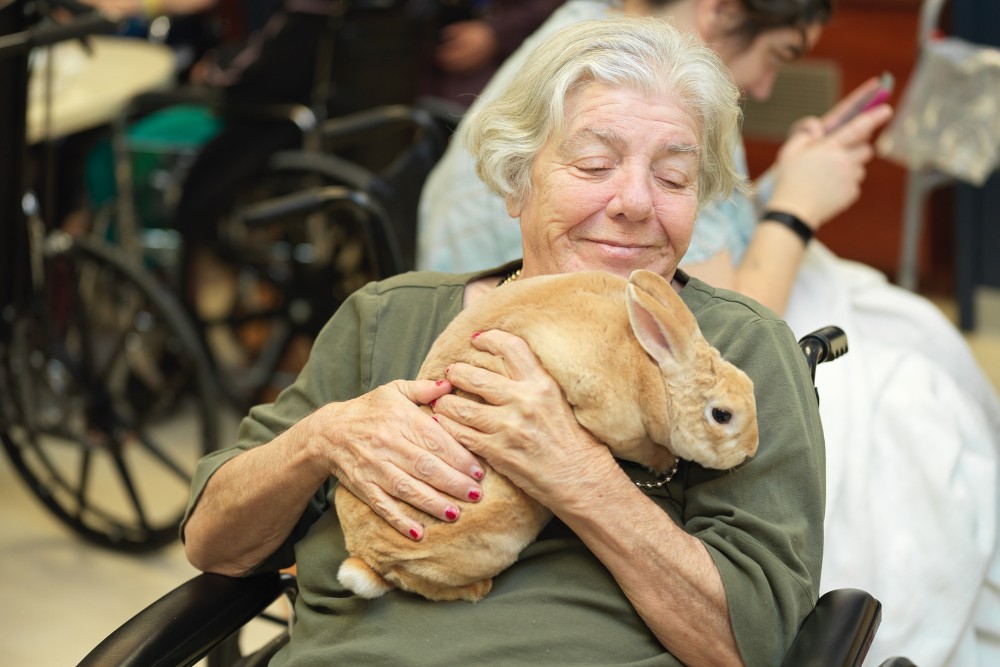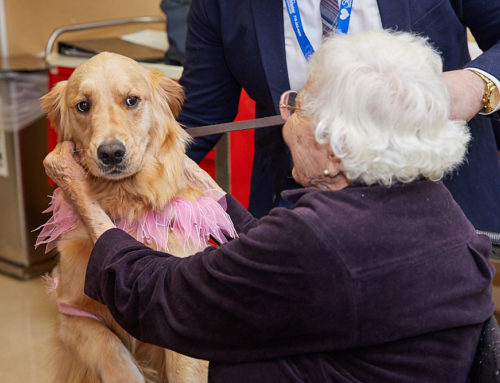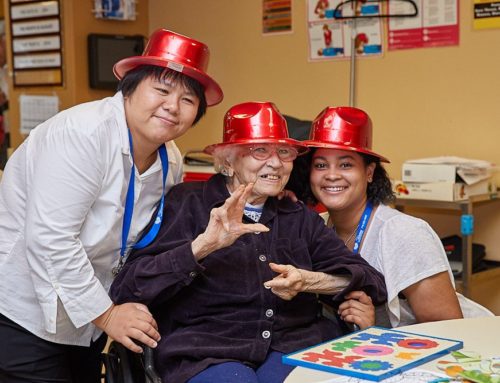Practicing Kindness Can Prevent Memory Loss
Practicing kindness can potentially help prevent memory loss by promoting overall brain health and emotional well-being. Doing nice things for others has several benefits that most of us know. It makes them feel loved and boosts their mood while giving you peace of mind and increasing happiness. But practicing kindness and compassion may also improve cognitive function and reduce memory loss. So, the more positive you are when dealing with others, the better your brain works.
Since several neurological disorders affect memory, kindness alone won’t solve the problem. Treatment for specific issues is vital to reduce or prevent complications associated with such conditions. You may require medication or rehab for neurological conditions, including memory and therapeutic recreation activities and psychological support, depending on the problem.

Kindness and Compassion for Better Memory
Forgetfulness isn’t uncommon as we age or during times of stress, but sometimes the issue is more persistent. It’s often related to cognitive decline due to brain trauma or medical conditions. But sometimes, you can prevent or reduce such loss, holding onto your recall abilities longer than expected.
Though it may sound strange, kindness and compassion towards others may improve memory. It also decreases anxiety, stress, and depression, which experts believe contribute to memory loss. The happier you make others, the better you feel and the higher your self-esteem. You’re also more likely to hold onto those memories, playing them over in your mind or sharing them with others.
How the brain thrives from positivity
When you’re kind, the brain reacts by releasing chemicals. These create feelings of happiness and satisfaction, stimulating the pleasure and reward centers. Memory functions are also triggered, allowing you to retain those feelings for longer.
Serotonin is the first hormone released during compassionate encounters. This chemical sends messages from the brain to the rest of the body. Many functions rely on serotonin, including sleep and mood, both of which influence learning and memory. Too little serotonin is linked to depression and anxiety, issues that reduce memory.
Kindness and compassion also trigger the release of dopamine, the chemical responsible for feeling pleasure. As well as mood, dopamine affects attention and learning, so you focus more on what’s happening when you feel good. Those with depression often have a dopamine deficiency, forgetting positive memories and focusing on negative ones.
The kinder you are to others, the more chemicals your brain releases. More happy hormones help you retain those positive interactions, reliving them whenever you like.
Kindness to yourself
Preventing memory loss through kindness and compassion benefits you and those you interact with. But you can’t always put too much into helping others. Doing so may overwhelm you, forcing you to use too much energy on everyone else and leaving nothing for yourself.
So, while you’re being kind to others, be sure to retain some compassion. Do little things, like giving yourself a break now and then to relax and recharge your internal battery. Studies show self-compassion meditation improves autobiographical memory in those with depression, so it’s a good place to start.
Rather than letting mistakes get you down, focus on learning from your errors and improving. Put aside time to enjoy what you love, including music, reading, gardening, and exercise.
Kindness and compassion have also been linked to better physical health, including lower blood pressure and inflammation, both of which contribute to overall brain health. Good physical health supports better cognitive functioning, including memory retention.
While practicing kindness alone isn’t a cure for memory loss, it plays a role in a lifestyle that promotes brain health and may reduce the risk of memory-related issues.
Resources:
- Rivier University, The Relationship Between Anxiety and Memory Loss
https://www.rivier.edu/academics/blog-posts/the-relationship-between-anxiety-and-memory-loss/#:~:text=One%20part%20of%20the%20body,and%20memory%20loss%20are%20associated - Mayo Clinic Health System, August 17, 2023, The art of kindness
https://www.mayoclinichealthsystem.org/hometown-health/speaking-of-health/the-art-of-kindness - Cleveland Clinic, Serotonin
https://my.clevelandclinic.org/health/articles/22572-serotonin - Harvard Health Publishing, April 18, 2024, Dopamine: The pathway to pleasure
https://www.health.harvard.edu/mind-and-mood/dopamine-the-pathway-to-pleasure - PubMed, June 28, 2023, increasing autobiographical memory specificity: Using kindness meditation to impact features of memory retrieval
https://pubmed.ncbi.nlm.nih.gov/37379263/
This article contains informational and educational materials and does not replace health or medical advice. For questions or concerns regarding your medical condition or health objectives, speak to a qualified physician or healthcare provider.






Leave A Comment